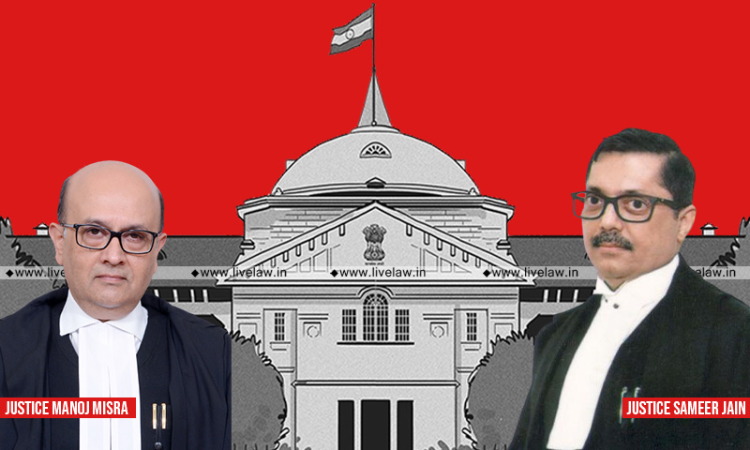The Allahabad High Court today rejected the reference made to it to confirm the death penalty awarded to a man accused of Raping and murdering a 75-year-old woman. The Court observed that the investigation in the case had not been up to the mark.Acquitting the accused, the Bench of Justice Manoj Misra and Justice Sameer Jain noted that in the instant case, blood and other biological material...

